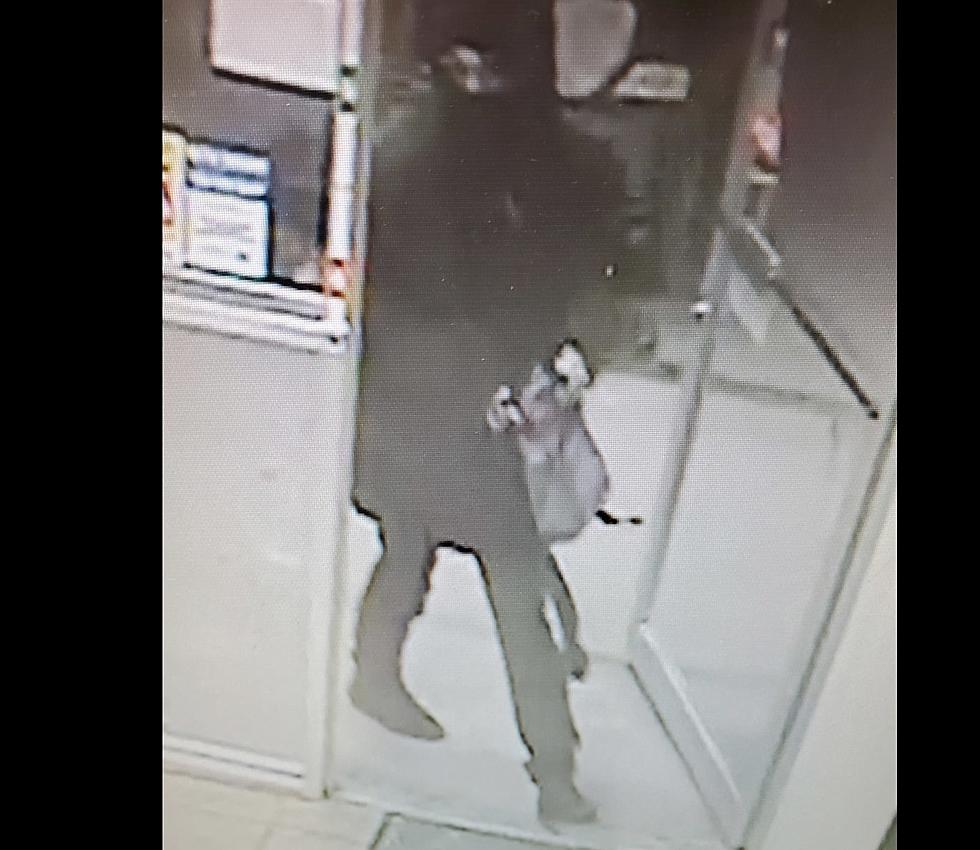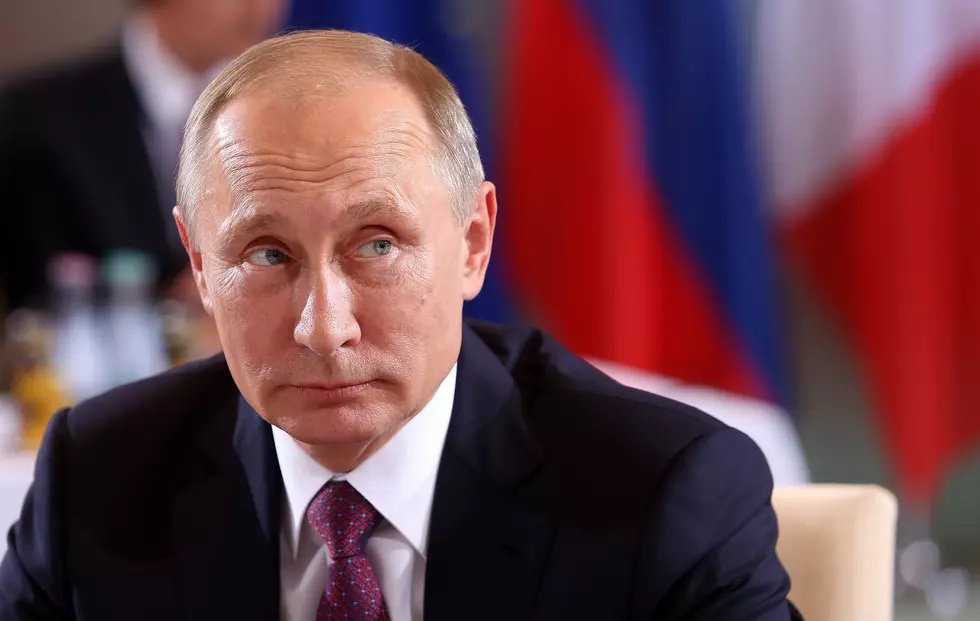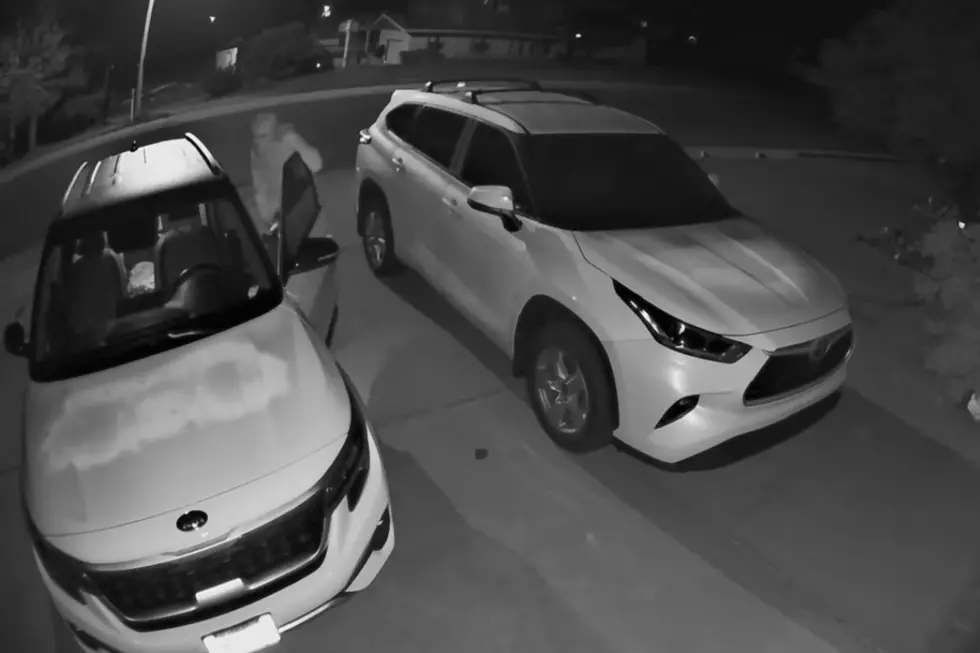
Prosecutors Say Russia Let MH17 Suspect Leave the Country
THE HAGUE, Netherlands (AP) — Russia deliberately allowed a suspect in the 2014 downing of Malaysia Airlines Flight 17 to leave the country, Dutch prosecutors said Monday, calling it a breach of a European extradition treaty.
Prosecutors announced that Volodymyr Tsemakh is considered a suspect in the shooting down of the passenger plane and deaths of all 298 passengers and crew. He has not been charged with any offenses.
The Boeing 777 flying from Amsterdam to Kuala Lumpur was shot down by a Buk missile on July 17, 2014, over territory in eastern Ukraine that was controlled at the time by pro-Moscow rebels.
An international team of investigators has concluded that the missile and its launcher came from the Russian army's 53rd Anti-Aircraft Missile brigade, based in the Russian city of Kursk.
The international investigation is being led by prosecutors in the Netherlands because nearly 200 of the passengers killed were Dutch citizens.
Russia has always denied responsibility for shooting down the flight and claimed that the Buk missile came from Ukrainian army arsenals.
Tsemakh, a Ukrainian who was questioned by investigators probing the downing of the flight known as MH17 while in custody in Ukraine in connection with other allegations, was handed to Russia as part of a prisoner swap in September.
Dutch prosecutors said in a statement that they asked Russia to arrest Tsemakh after the swap so he could be extradited.
While Russia does not extradite its own citizens, it could have handed over Tsemakh since he is Ukrainian, the Dutch prosecutors said, adding that they had contacted Moscow several times to warn authorities there that Tsemakh might attempt to flee.
Prosecutors said that Dutch Prime Minister Mark Rutte and Foreign Minister Stef Blok also both urged Moscow to comply.
Despite those efforts, Russia now says that Tsemakh’s whereabouts are no longer known and media reports suggest he has returned to eastern Ukraine, prosecutors said.
“The Public Prosecution Service has concluded that Russia willingly allowed Mr. Tsemakh to leave the Russian Federation and refused to execute the Dutch request. While under the European Convention on Extradition, it was obliged to do so,” the prosecution statement said.
The Kremlin did not immediately respond to a request for comment.
Three Russians and a Ukrainian have been charged with murder over their alleged roles in bringing down flight MH17. None of them have been extradited. Their trial is scheduled to start March 9 at a courtroom near Amsterdam’s Schiphol Airport.
The trial will go ahead without the suspects if they are not turned over to Dutch authorities.

More From K2 Radio









